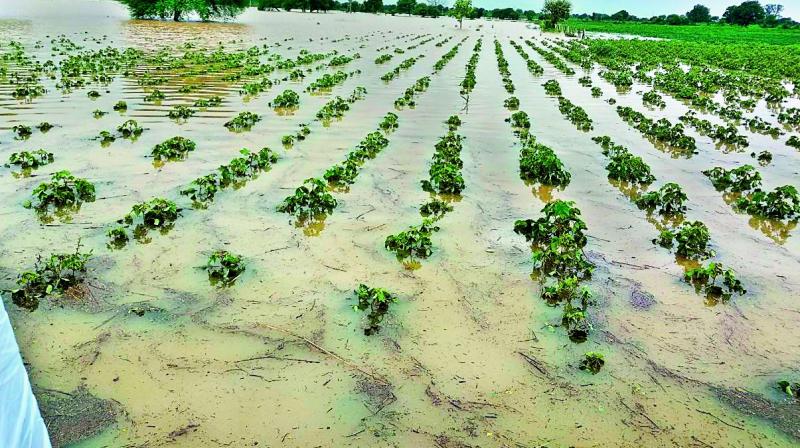



Article by: Hari Yellina
This year’s La Nina season’s increased rainfall is encouraging the growth of worms, which is detrimental to cattle and graziers’ ability to produce. Nearly 5,000 sheep are under David Langford and Tegan’s care on the K-tank station, which is located about 30 kilometres from Broken Hill. Before far west NSW received copious amounts of rain this year, they had been in a drought for almost four years. “That has undoubtedly advanced our nation quite a deal. It was painful, so it was excellent, he remarked. However, afterward, Mr. Langford discovered Black Scour and Barbers Pole worms, which he had never before seen in the 25 years that he had been overseeing the area. We definitely were a little taken aback because we haven’t actually experienced any worm issues that we know of,” he said.
Simply by taking a glance at the stock, it was clear that things weren’t going well. The animals were scouring, failing to fatten, and generally appearing lethargic and out of condition, according to Mr. Langford. He had to modify his sheep station programme after learning about the worm problem. With all of our sheep needing to mate again, our programmes have changed, and we don’t have as many ewes or lambs in the beginning, according to Mr. Langford. Many of the lambs from the previous year didn’t perform as well and couldn’t be sold earlier, he claimed.
Graziers across the country and in the far west are also at risk of internal parasites, so Mr. Langford is not alone in this. The La Nina weather pattern in Australia, according to Broken Hill Local Land Services District veterinarian Zi Yi Lim, has the potential to boost worm populations. “In damp weather, parasites flourish. Water is crucial to their life and hence, reproduction “explained he. Mr. Lim discovered this by counting eggs in faeces samples. We have been observing bigger numbers than we had in the past in this location, according to the results of the faecal egg count, he said. Mr. Lim suggests that landowners test their cattle for worms on a regular basis before considering actions like drenching.
To learn more about what to do, they can speak with local district or private vets. In general, he advised people to be caution around parasites, especially when it’s rainy outside. Worms are harmful to animal health, causing not only productivity losses for the firm but also health losses for the cattle, according to Mr. Lim. As he works to combat his parasite issue, David Langford now has his own worm testing tools. He advises others to have their livestock checked for worms if they see symptoms after sharing his story. Get a test done, he advised, “if you look at your stock and they’re not quite right, and they’re looking a little lethargic, and they have the scours.”